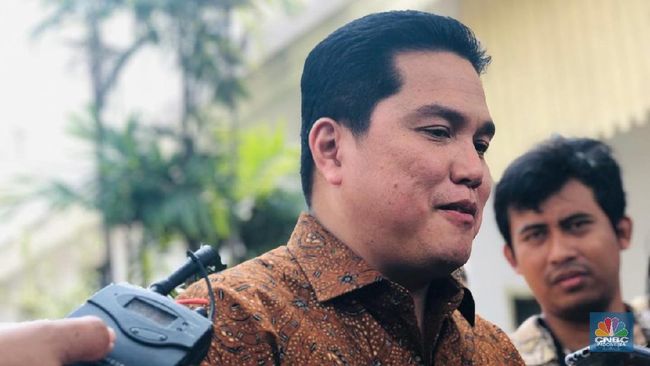–
—
China’s government has announced far-reaching rule changes for private tutoring institutes. While schoolchildren can enjoy more free time, investors are worried.
–
Beijing – Increasing government regulation of the Chinese private sector is weighing on the country’s stock exchanges. The Hang Seng Index in Hong Kong fell three and a half percent on Monday.
The CSI-300 index, which includes the shares of the 300 largest publicly traded companies in mainland China, also fell significantly.
The background to this is that the Chinese government announced a reform of the private education sector over the weekend. Companies that teach school teaching programs are therefore no longer allowed to make profits or go public. The institutes were forbidden to teach students on weekends. Academic offers for children under the age of six must be completely discontinued. The requirements are likely to force the $ 100 billion industry to make expensive changes.
The aim should be more justice
The aim is to reduce the burden on students from excessive homework and tutoring after school. It should also be prevented that parents have to spend a lot of money on extracurricular activities. Chinese state media commented that this was a step to ensure more justice in the education sector. Because up to now, pupils whose families cannot afford the expensive additional offers have been disadvantaged.
In fact, there is a culture in China in which parents spend considerable resources in order to help their children get the best possible school grades. The private institutes do not only direct their offers to weaker students who cannot keep up in their class. Even for the best of a year, it has so far been quite normal to book private lessons at the weekend so that they can do even better than already.
The “Great Trial” at a glance
Many families have the “Gaokao” (Great Exam) in mind, which has a major impact on the future life of school leavers. Those who get a high score at the “Gaokao” can apply for the best universities in China. Those who do poorly usually only have to go to middle-class universities, which later often has an impact on job offers.
Investors assumed that the government’s announcement robbed companies of almost all growth prospects. Since Friday, when the first reports of the changes became known, things have gone steeply downhill for affected companies, for which analysts had until recently said that their prospects were dazzling. New Oriental, one of the largest private education companies in China, has since lost 75 percent of its value on the Hong Kong Stock Exchange. The Chinese Internet giant Tencent, which invests heavily in the education sector, also fell significantly.
The supervisory authorities in Beijing had recently targeted a number of Chinese Internet companies and announced stricter rules for them. In April, China’s competition watchdog imposed a record fine of 18 billion yuan on the Chinese Internet giant Alibaba. Last year, Alibaba had to cancel the IPO of its financial subsidiary Ant Group at short notice by order of the authorities.
The Chinese driver service broker Didi Chuxing has also been under pressure since the beginning of July. Shortly after the company was listed on the New York Stock Exchange, the authorities in China ordered the app to be deleted from all app stores.
© dpa-infocom, dpa: 210726-99-536006 / 3
– .


